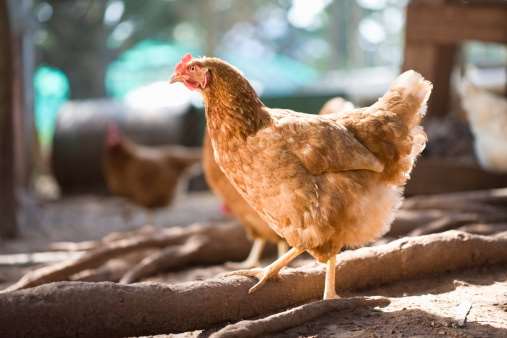Three separate locations are being tested
By Diego Flammini
Assistant Editor, North American Content
Farms.com
The Alabama Department of Agriculture & Industries has issued an order prohibiting movement of some poultry within the state while officials conduct tests on three sites.
“The health of poultry is critically important at this time,” Dr. Tony Frazier, Alabama’s state veterinarian, said in a release. “With three investigations of avian influenza in north Alabama on three separate premises we feel that the stop movement order is the most effective way to implement biosecurity for all poultry in our state.”
One flock is located at a commercial breeder in Lauderdale County and another is from a backyard flock in Madison County. Other samples were collected at the TaCo-Bet Trade Day flea market in Jackson County on March 12.
Samples from all three sites were sent to the USDA National Veterinary Services Laboratories in Ames, Iowa.

Alabama and other neighboring states are on high alert after two confirmed cases on avian flu in Tennessee. Paired with the devastating avian flu outbreak in 2015, Alabama is ready to use the necessary resources to keep the illness from infecting other birds.
“Following the 2015 avian influenza outbreak in the Midwest, planning, preparation, and extensive biosecurity efforts were escalated in Alabama. Industry, growers, state and federal agencies and other stakeholders have worked hard to maintain a level of readiness,” John McMillan, Commissioner of Agriculture and Industries, said in the release. “Our staff is committed to staying actively involved in the avian influenza situation until any threats are addressed.”
The Alabama Department of Agriculture is holding a press conference today to provide updates.
Farms.com will provide the details of the press conference as they become available.